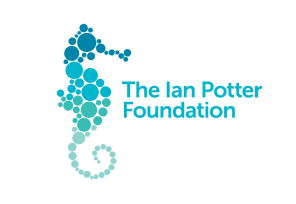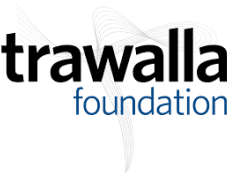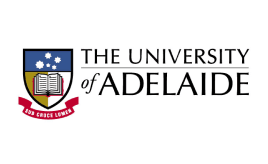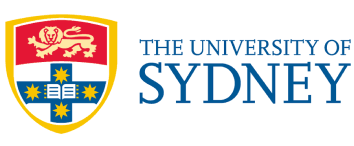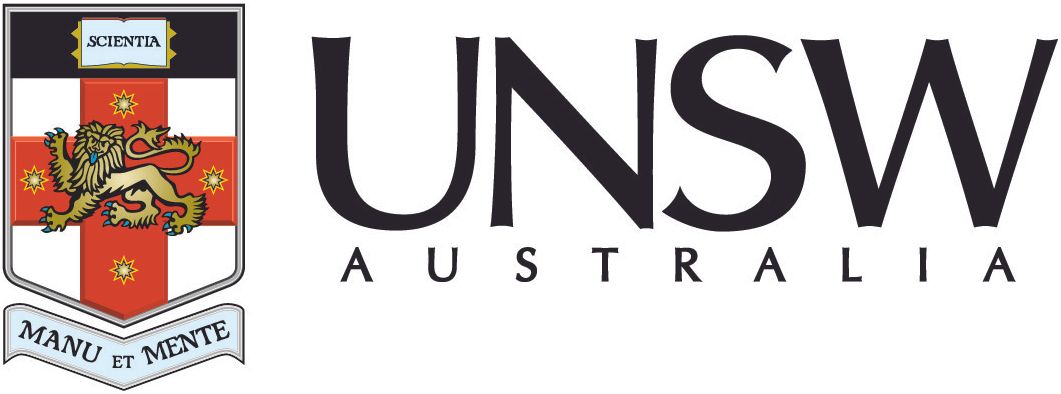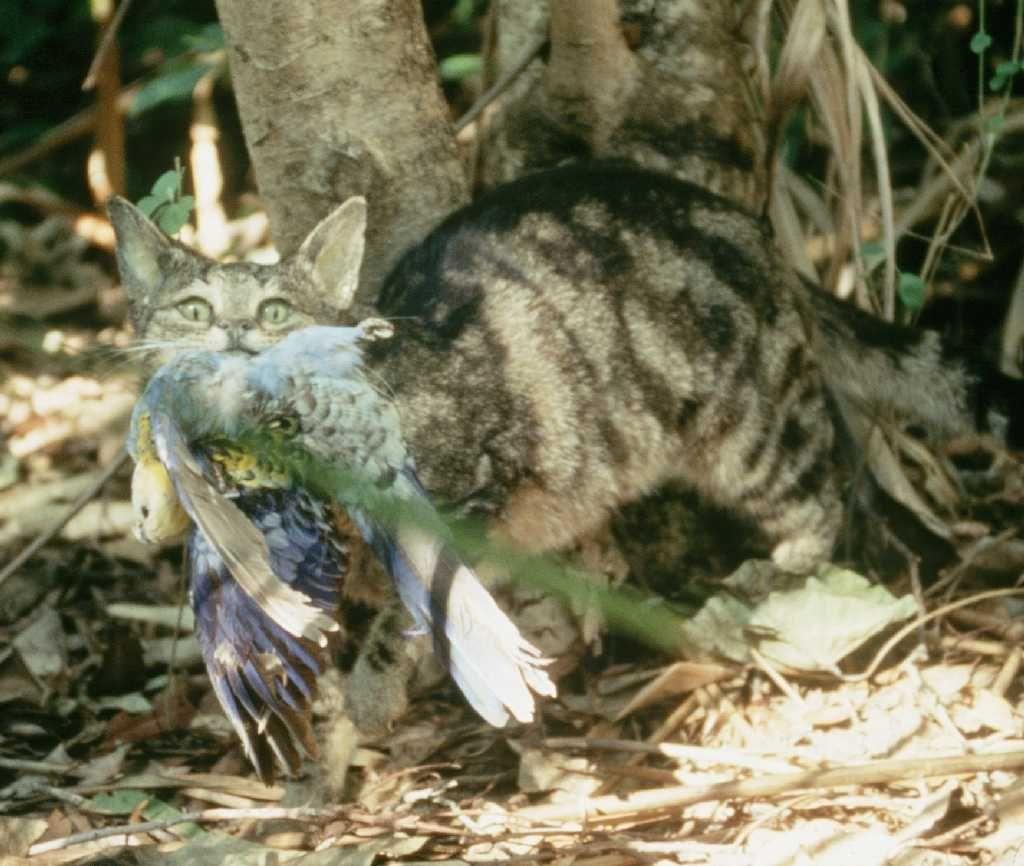
A cat with a native pale headed rosella in Brisbane. Image: Brisbane City Council CC BY 2.0
Response to the draft updated Threat Abatement Plan (TAP) for predation by feral cats
Submission
1 December 2023

The Biodiversity Council welcomes the development by the Department of Climate Change, Energy, the Environment and Water (DCCEEW) of a new Threat Abatement Plan (TAP) for feral cats. As described in the rich body of evidence collated in the draft TAP, cats have had a devastating impact on Australia’s biodiversity and continue to have major impacts. Predation, and disease transmitted, by cats is one of the most significant threats to Australia’s fauna, driving the imperilment of many threatened mammal, bird and reptile species.
The revised TAP presents a significant opportunity to curb the impacts of feral cats on wildlife if adequately funded and implemented. The Biodiversity Council urges the Australian Government to make the required funding, policy and program commitments to fully implement the plan.
A TAP is an appropriate mechanism to respond to the threats posed by feral cats, given their impacts affect biodiversity in all Australian jurisdictions, the challenges and complexity of issues and options involved in their management, the range of stakeholder interests, and the magnitude of the problem posed by feral cats. The new draft TAP builds on the substantial research and management progress supported and coordinated in part by previous feral cat TAPs and has many significant additional components.
The revised plan is comprehensive. We commend the evidence-based approaches and extensive consultation with Indigenous ranger groups, the national Feral Cat Taskforce and other relevant organisations across Australia that went into the development of the plan.
The Biodiversity Council supports the draft TAP generally and makes 8 recommendations in regard to:
- Indigenous consultation and involvement
- Resource commitment
- Mitigation hierarchy
- Obligation to implement the TAP
- Coordination
- Focus
- Feral and pet cats
- Research priorities.



